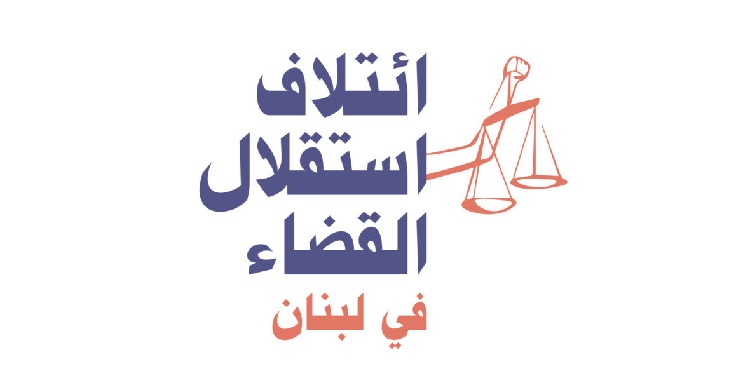Statement by the Independence of the Judiciary Coalition: Public Prosecution Hierarchy Shields Impunity

On 11 January 2022, Public Prosecutor Jean Tannous was stopped from carrying out investigations into the case concerning Banque du Liban Governor Riad Salameh and his brother Raja Salameh. Judge Tannous had decided to raid six banks for information about the money transfers connected to this case on the grounds that banking secrecy does not apply in illicit enrichment cases. While in the middle of raiding one bank, he was stopped by an order issued by Cassation Public Prosecutor Ghassan Oueidat in complete coordination with Prime Minister Najib Mikati.
The case stems from a letter received from the Swiss Federal Public Prosecution in late 2020 about so-called “Swiss transfers” linked to the Salameh brothers. These transfers suggest that they illicitly benefited from the Banque du Liban to the tune of hundreds of millions of dollars, creating suspicions of embezzlement and aggravated money laundering per the Swiss request and therefore of “illicit enrichment” by a Lebanese official. The Independence of the Judiciary Coalition previously issued a statement on this case objecting to the suit that Bankmed had arbitrarily filed against the state in connection with Tannous’ actions in order to suspend the investigations. When Tannous reinitiated his investigations after the suit was dismissed, the cassation public prosecutor intervened to prevent him once more from completing them.
In response, the Independence of the Judiciary Coalition would like to make the following comments and demands:
- The interruption of Tannous while he was in the process of raiding banks is part of a pattern of thwarting judicial investigations into influential figures and perpetuating their widespread impunity. After banking secrecy was used to stall the investigations, now the Cassation Public Prosecution is using its hierarchical authority to terminate them completely, just as it has done in several other cases. This sight is strikingly similar to several political forces’ use of illegitimate pressure tactics – the most significant being shutting down the whole government – to obstruct the port blast investigation in the name of various immunities.
- Oueidat’s interference once again highlights the danger of the hierarchical authority granted to the cassation public prosecutor by the 2001 Code of Criminal Procedure. We must learn the lesson of this new scandal and do away with these practices, lest our future resemble the present. Just as our previous statement concerning this case reiterated the need to adopt a law to lift banking secrecy from all public officials (secrecy that has become an excellent curtain for crimes of corruption), the cassation public prosecutor’s intervention now to stop the investigations warrants expediting the adoption of a bill to enshrine judicial independence and limit his hierarchical authority, which has long been the corrupt system’s arm within the judiciary and shield against any accountability.
- Oueidat’s flagrant intervention to stop the investigation in this case once again projects the image of the “regime’s judge” who conceives of his job first and foremost as protecting the existing regime and its various forces, branches, and arms. This conception is at complete odds with that of a judge who dares defy this regime to support equality and protect citizens, including depositors, from its transgressions. It is no surprise that the regime’s judge remains seated atop the judicial pyramid while the defiant judge remains subject to all kinds of intolerable interference, persecution, and intimidation.
- The coalition joins the Lebanese Judges Association in demanding the resignation of Oueidat, who has become a tool for every influential figure to protect the system of corruption and the banks. We call upon social forces to mobilize and rally as broadly as possible around the judges who dare defy the influential forces and constrain the system of impunity.



